News
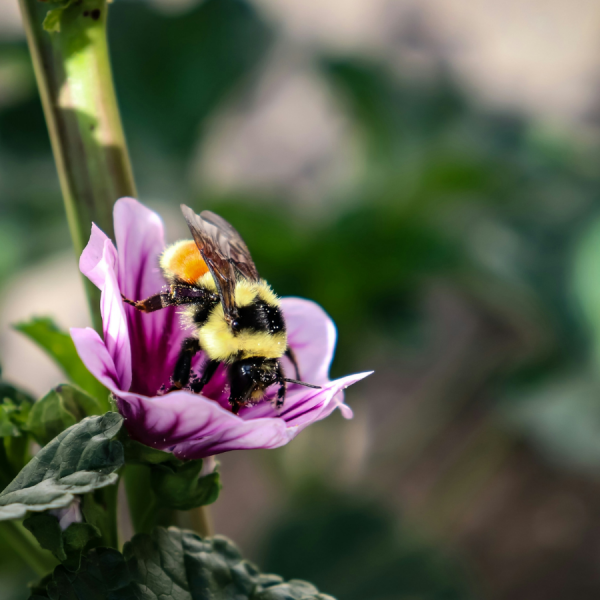
Apr 10, 2025
Even sublethal insecticide dose may disrupt pollinator mating process
Insecticides can help protect crops against troublesome pests, but they also pose a risk for beneficial insects such as pollinators. A new study led by researchers at Penn State provided insight into how even sublethal doses of insecticides can negatively affect pollinators by disrupting the mating process.
Full Article
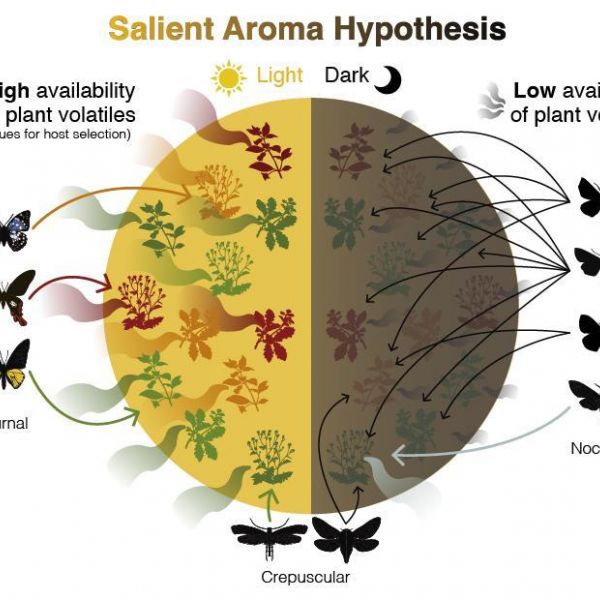
Apr 04, 2025
Picky eaters by day, buffet by night: Butterfly, moth diets sync to plant aromas
In a recent study published in the journal Proceedings of the Royal Society B, an international team of researchers tested a new hypothesis for why some Lepidoptera have very specific diets, feeding on only a few types of plants, while others are far less picky.
Full Article
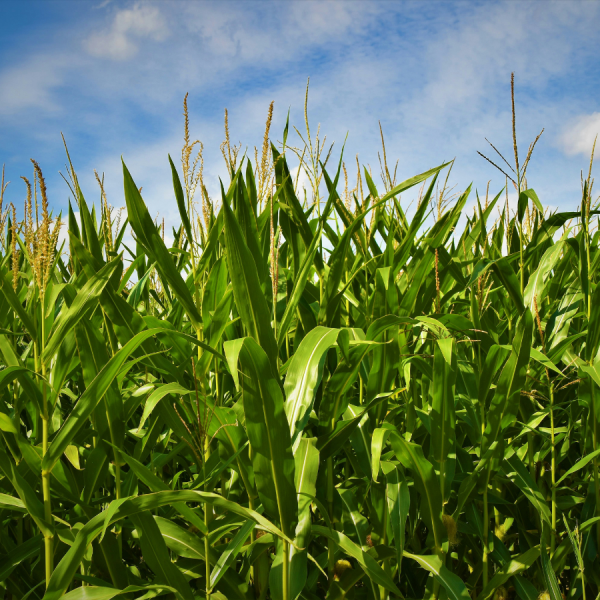
Mar 24, 2025
Insecticides may contribute to bigger problems with certain weeds
Insecticides may help growers hoping to protect their crops from harmful insects, but they also may contribute to a larger amount of some weeds, according to a study led by researchers at Penn State.
Full Article
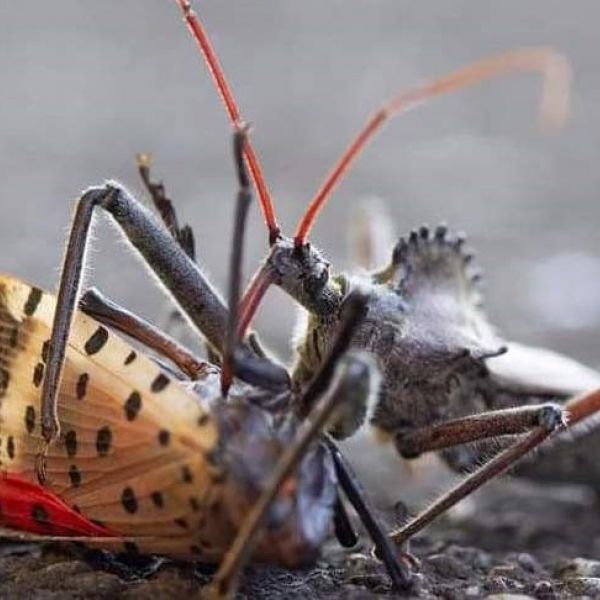
Mar 17, 2025
Natural insect predators may serve as allies in spotted lanternfly battle
Insect predators found in the United States could help keep spotted lanternfly populations in check while potentially reducing reliance on chemical control methods, according to a new study conducted by researchers at Penn State.
Full Article

Mar 17, 2025
Ag Sciences research institute SAFES funds projects addressing critical issues
Penn State’s College of Agricultural Sciences, through its Institute for Sustainable Agricultural, Food and Environmental Science, known as SAFES, announced funding awards to accelerate the advancement of its Critical Issues Initiatives. These initiatives serve as the college’s impact hubs, addressing urgent and high-impact challenges through targeted efforts and innovative projects.
Full Article
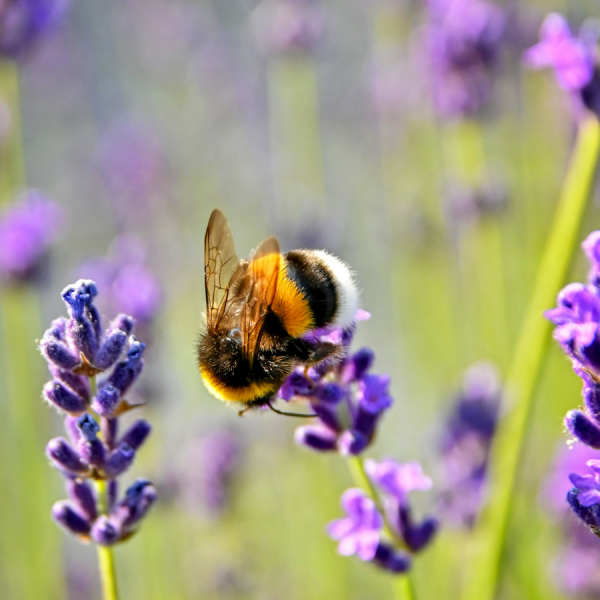
Mar 12, 2025
Analyzing genetic ‘signatures’ may give insight into what stresses wild bees
A new method of examining gene expression patterns called landscape transcriptomics may help pinpoint what causes bumble bees stress and could eventually give insight into why bee populations are declining overall.
Full Article
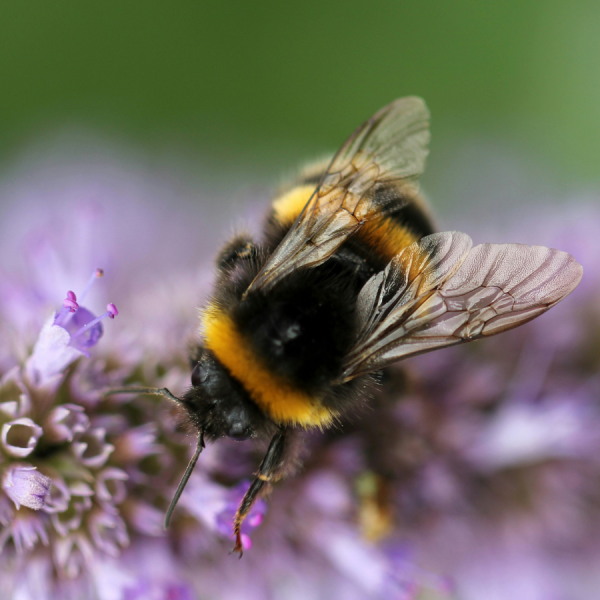
Feb 26, 2025
The complex effects of pesticide exposure on bumble bee health
The effects of pesticide exposure on pollinator health may be more complicated than originally thought, according to a team of researchers in Penn State’s College of Agricultural Sciences who recently published an article on the topic in Biology Letters.
Full Article

Feb 25, 2025
Penn State awarded $1.3M to boost Pennsylvania’s agricultural workforce
he Pennsylvania Department of Labor and Industry is investing $1.3 million in Penn State’s Agricultural Workforce Development Project to strengthen the state’s agricultural workforce.
Full Article
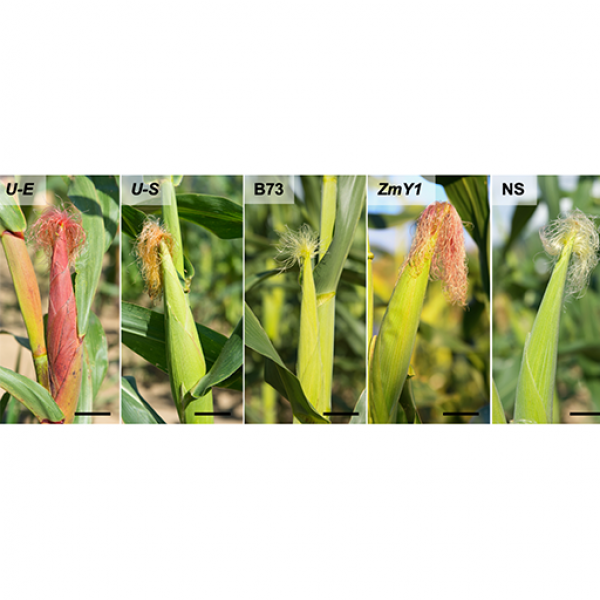
Feb 20, 2025
Select corn lines contain compounds that sicken, kill major crop pest
The compounds, called flavonoids, have an insecticidal effect on corn earworm larvae.
Full Article

Feb 12, 2025
Feb. 17 EarthTalks: Translating STEM research to improve K-12 education
Kathleen Hill, director of the Center for Science and the Schools, and teaching professor of science education, will give the talk, “Center for Science and the Schools: Translating STEM Research to Improve K-12 Education,” at 4 p.m. on Monday, Feb. 17, in 112 Walker Building on the University Park campus.
Full Article